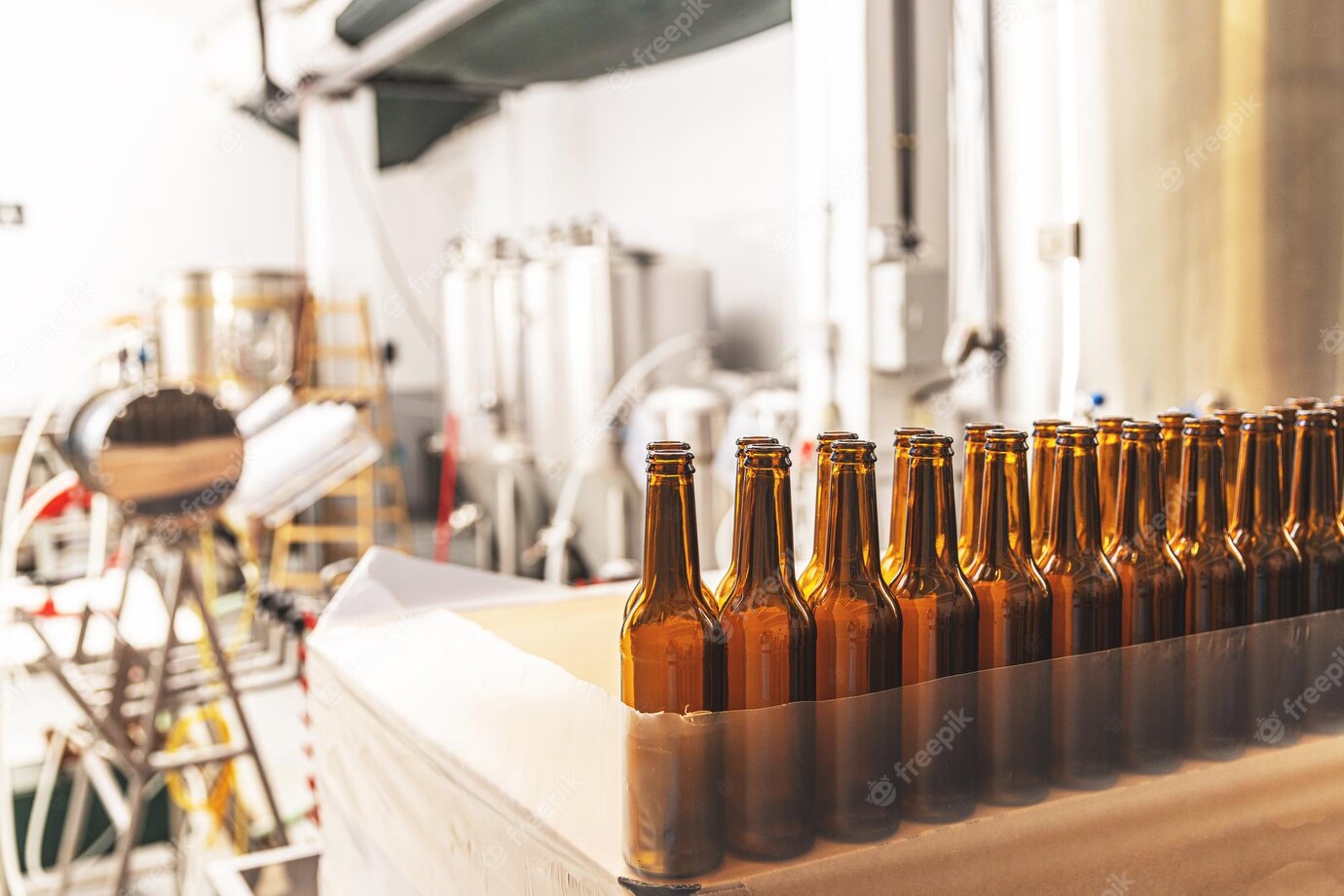Get the Perfect Home Brew with This Secret Ingredient… Water!
Having the right ingredients is essential for successful home brewing, but there is one element in particular that is vital to the brewing process – water. Water has an important role in creating a well-rounded flavor profile and is necessary for the sanitization of equipment. In this article, we’ll outline the importance of using the right water in home brewing to ensure a positive outcome. From the impact on flavor to the sanitation of brewing tools and equipment, we’ll explore why water is the foundation of a successful home brew.
The Importance of Water in Home Brewing
Water is an essential part of the home brewing process. From the initial rinsing of brewing equipment to the final rinse of bottles and kegs, water plays a key role in producing great beer. Homebrewers often overlook the importance of water and it’s a mistake to do so.
The role of water in home brewing is multi-faceted; it is used to operate and clean equipment, dissolve brewing ingredients and regulate temperature and pH levels. Additionally, water composition directly affects beer’s flavor, body and foam, so it’s important to choose the right water for the beer you’re brewing. To help you understand the importance of water in home brewing, we’ll explore the most important aspects:
The Role of Water in Home Brewing
Homebrewers use water throughout the brewing process for a variety of reasons. Water is used to:
- Operate and clean brewing equipment.
- Dissolve or extract brewing ingredients.
- Regulate brewing temperature and pH levels.
Water Quality
The quality of water used in homebrewing directly affects the flavor, body and foam of the beer. Chlorine, sulfates, calcium and dissolved solids can act on beer’s flavor and texture in both positive and negative ways. A better quality water will provide a more consistent and robust flavor, body and foam. Here are a few tips for choosing the best water for home brewing:
- If you’re using bottled or filtered water, read the label to make sure it is chlorine and fluoride free. If the label does not specify, avoid using it for brewing.
- Check the pH level. The ideal range for brewing is between 5.5 and 7.0.
- Check the total dissolved solids (TDS). TDS should be between 100 and 200 ppm.
- If you’re using tap water, it may need to be boiled and cooled or filtered to remove any off-flavors.
Since tap water can vary significantly between geographic regions, it’s a good idea to test its content to make sure it’s within the ideal range for home brewing. If testing is not an option, you may want to consider using filtered or bottled water instead.
pH and Grain Bill
The pH of water has an impact on the home brewing process in two ways: it affects the solubility rate of grain starches, as well as the fermentation process. The ideal pH level for brewing varies depending on your grain bill. A higher pH is needed for grain bills with high levels of acidity, while a lower pH is required for grain bills with very little acidity.
Generally speaking, the pH of your mash should range from 5.2 to 5.6 for lighter colored ales and 5.4 to 5.8 for darker ales and lagers. When adjusting the pH of your mash, it’s important to use calibrated pH papers and avoid using ordinary white vinegar or baking soda as they may leave a distinctive taste in your beer.
Final Rinse of Bottles and Kegs
The final rinse of bottles and kegs with sterile water should not be overlooked. This step kills off any bacteria and yeast that may have been left in the equipment and prevents contamination of the beer. A few drops of chlorine bleach are sufficient to kill off any organisms, but make sure to rinse the equipment thoroughly afterwards.
Conclusion
The importance of water in home brewing cannot be overstated. For the best results, paying close attention to water composition and pH levels is essential. By understanding the role of water in home brewing, brewers can ensure that the beer they produce is of the highest quality.

